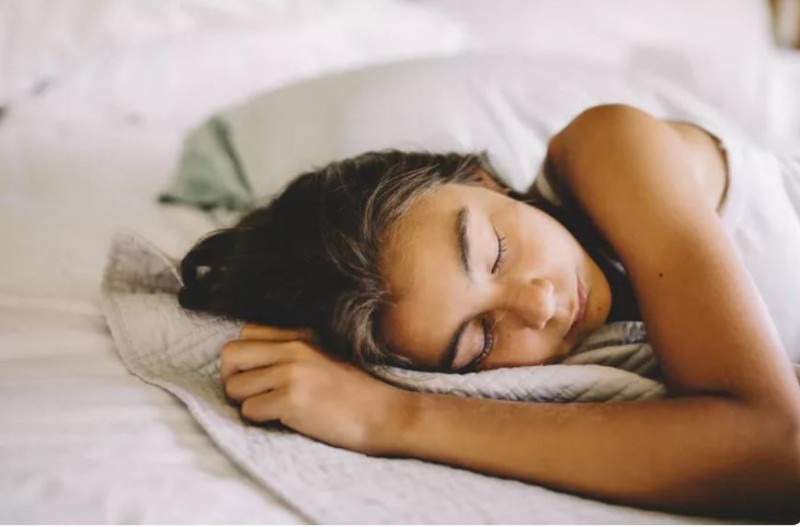
LIFESTYLE: Many teenagers frequently don't get the recommended 9 hours of sleep because they are so busy with school, extracurriculars, friends, and social media. It's challenging for parents to monitor what their children do. But parents can take steps to assist their children in getting more rest. Teenagers who are transitioning to a new sleep schedule at the beginning of the school year may have disturbed sleep, daytime weariness, and changes in mood and focus.
According to the National Sleep Foundation and the American Academy of Sleep Medicine, most adolescents get less than eight hours of sleep per night, especially on nights when school is in session, despite the fact that this is the recommended amount for maintaining physical health, emotional stability, and academic performance.
Newly released RUSH research in the journal SLEEP provides insight into how teenagers can get more sleep. Teenagers experience several changes, according to Stephanie J. Crowley, PhD, associate professor of psychiatry and behavioural sciences at RUSH and the program's director for paediatric chronobiology and sleep research. One in particular is a modification to sleep biology that takes place during puberty.
"It is simpler for an adolescent to stay up later into the evening due to changes in the brain systems that control sleep. The 24-hour circadian clock, one of these systems, shifts later in time, "explained Crowley. There are thus two opposing forces at play: one is the need to get to bed earlier due to the school timetable, and the other is a biological shift that occurs to a teen's body naturally.
RUSH researchers decided to try a two-week intervention that addresses the circadian system with several behavioural measurements and aims to assist the youngsters in developing a better nightly routine as a result of this complex struggle. The researchers employed strong light therapy for 2.5 hours over two weekend mornings to treat teen sleep deficit. The intense lighting signals the body's internal clock to rise a little early. The teen should find it simpler to go to sleep at the right hour as a result of this change.
less tired and exhausted In order to overcome obstacles to an earlier bedtime, such as limiting some after-school activities, Crowley and her team also provided time management tools.
The teens' bedtime was moved forward by an hour and a half, and they got around an hour more of total sleep overall. Teenagers with delayed circadian clocks changed by up to two hours sooner, which is "interesting," according to Crowley. "Additionally, there was no need to move the teenagers' circadian clocks earlier. Simply trying to manage their time in the evening and get more sleep was all they required as behavioural help."
The youths in the intervention group also showed better concentration and were less worn out, angry, and concerned. The students' alertness in the morning also increased. To find out if the teenagers were able to sustain their improved sleep schedule, the RUSH researchers are monitoring the individuals in another study.
8-Immunity foods That Actually Work To Boost Your Immune System
5 things that are dangerous for your skin